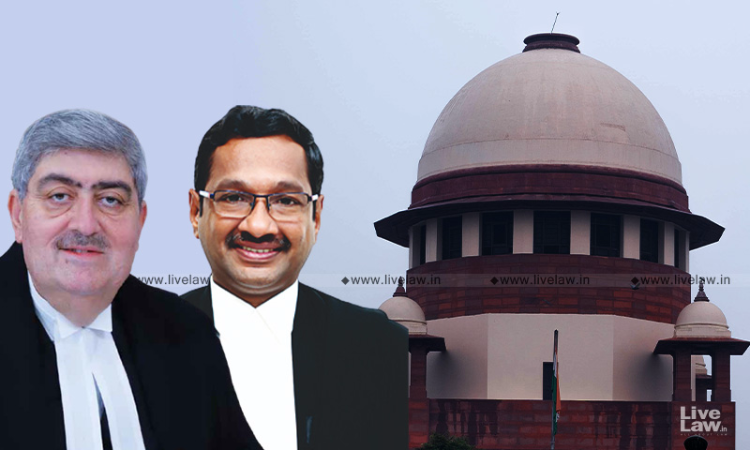Gift Deed In Favour Of Live-In Partner : Supreme Court Says Courts Should Not Pass 'Value Judgment' On Relationship Between Donor & Donee If There Is Valid Execution
Sohini Chowdhury
10 March 2022 2:15 PM IST

"If the donor is making a gift out of his own free will and volition and is the exclusive owner of the property, it is nobody's concern as to who he gives the property to."
Next Story


